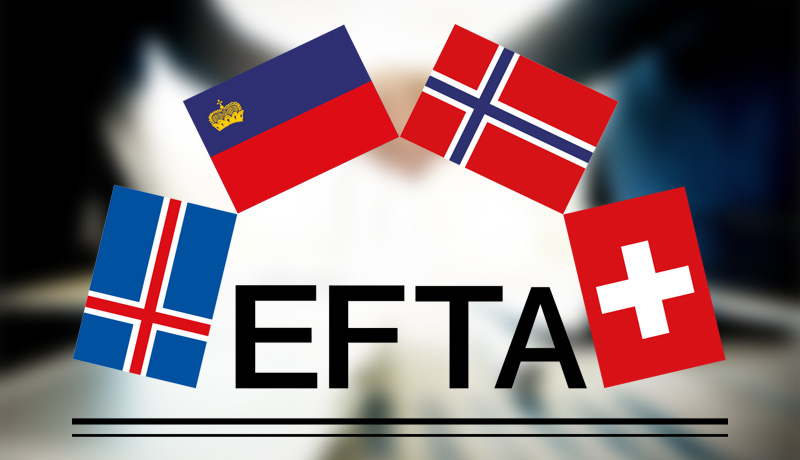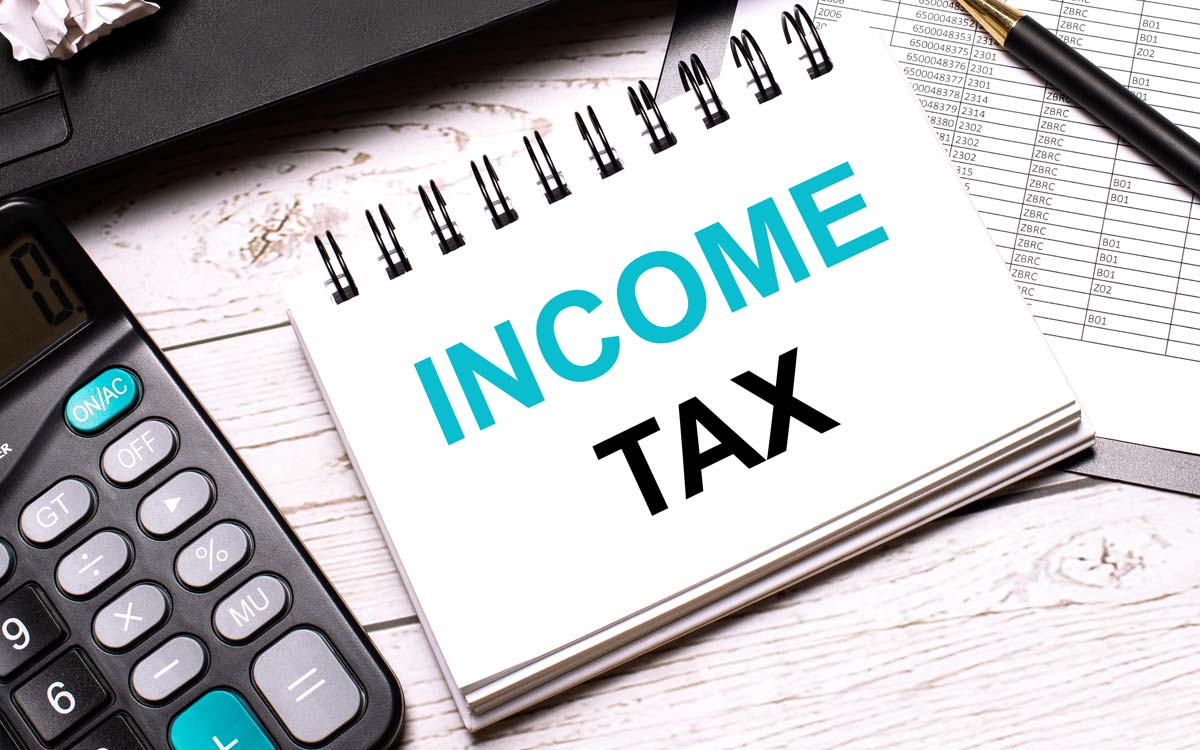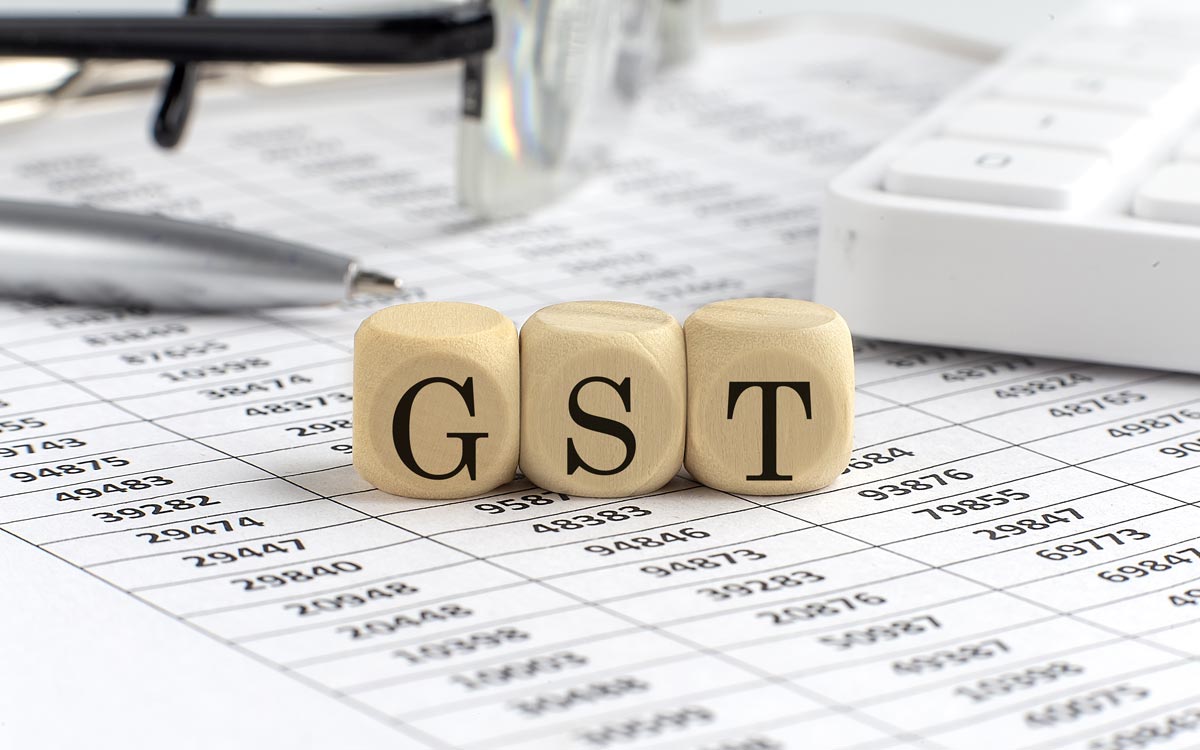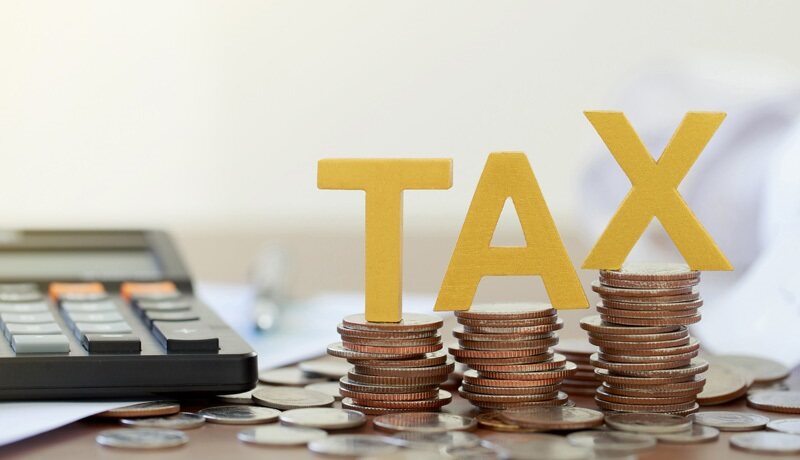We provide customised tax strategies that align with your overall financial goals
InCorp offers strategic tax solutions across Direct, Indirect and International Tax, Transfer Pricing, and M&A Transactions. Our experts have resolved thousands of tax notices and litigation matters over 20+ years. We assist multi-state client businesses and local compliances for 3500+ clients. Our client retention rate is 90%.
We have a dedicated team that supports international businesses comply with the domestic tax regime, including those under the IFSCA jurisdiction in GIFT City.
Tax Refunds
Clients Retained
Investment Fund Clientele
Litigation Solved
Retention of clients
Tax refunds
litigations solved
Investment Fund Clientele
Services Areas Under Taxation Advisory
InCorp Insights
Expert Team

Samir Sanghvi
Co-Founder

Rajesh TR
Lead

Milan Shah
Lead

Samir Lakhani
Lead

Prasanna
Lead
clientele











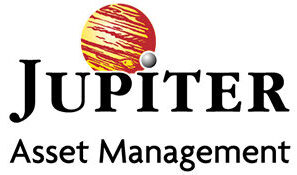


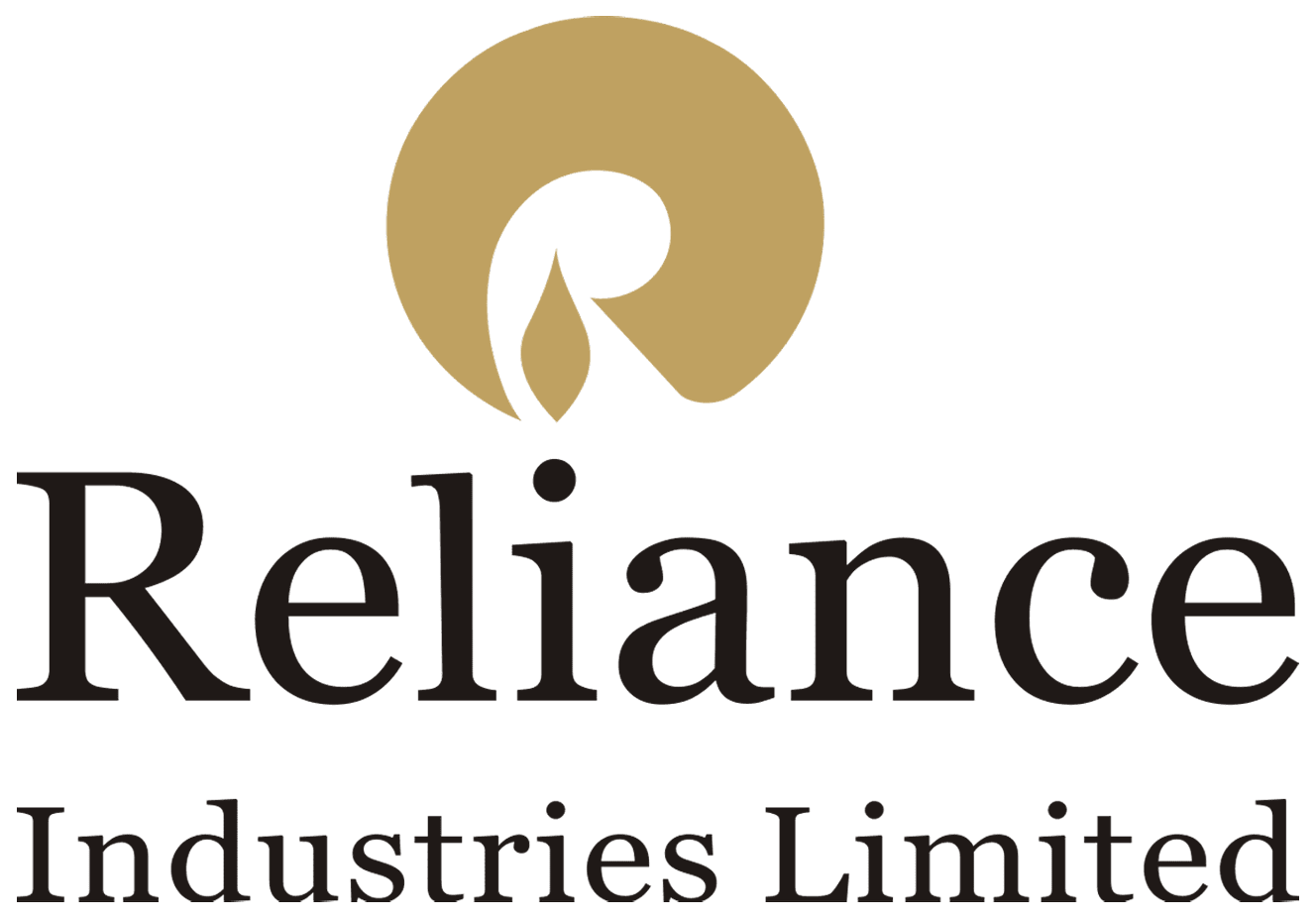
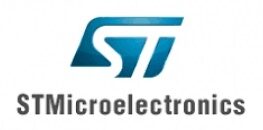










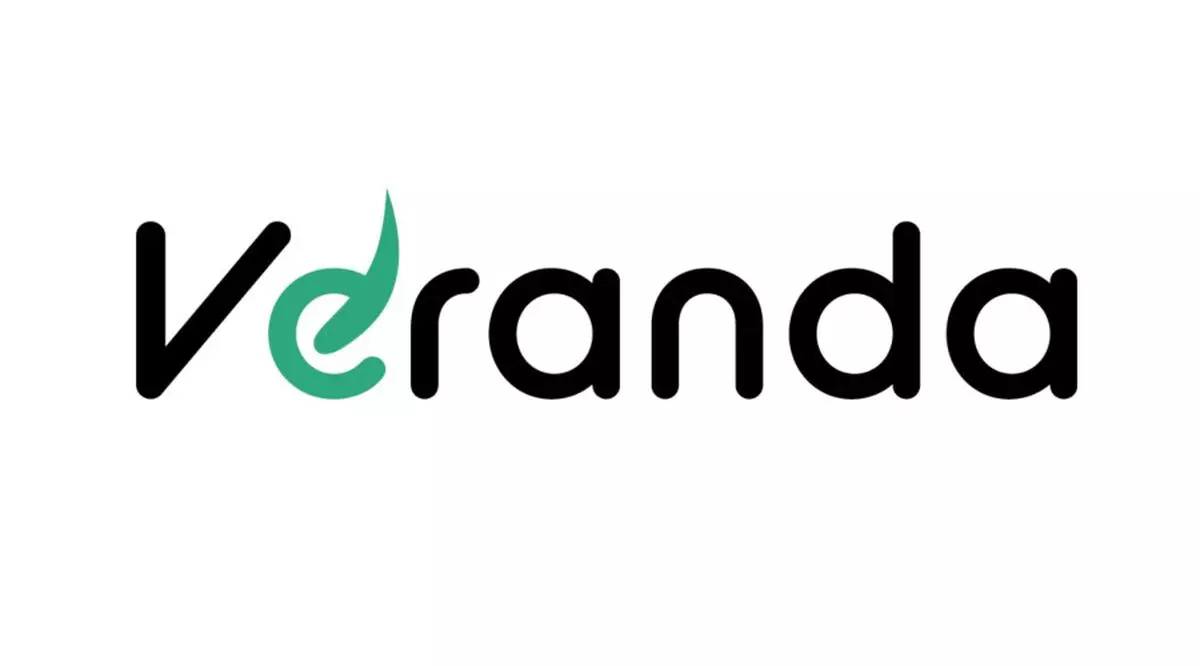


Download Brochure
To know more about our Taxation Advisory services, download the brochure.
Client Testimonials
Behind the word mountains, far from the countries Vokalia and Consonantia, there live the blind texts. Separated they live in Bookmarks grove right at the coast
Behind the word mountains, far from the countries Vokalia and Consonantia, there live the blind texts. Separated they live in Bookmarks grove right at the coast
Behind the word mountains, far from the countries Vokalia and Consonantia, there live the blind texts. Separated they live in Bookmarks grove right at the coast
Behind the word mountains, far from the countries Vokalia and Consonantia, there live the blind texts. Separated they live in Bookmarks grove right at the coast
Behind the word mountains, far from the countries Vokalia and Consonantia, there live the blind texts. Separated they live in Bookmarks grove right at the coast
Behind the word mountains, far from the countries Vokalia and Consonantia, there live the blind texts. Separated they live in Bookmarks grove right at the coast
Behind the word mountains, far from the countries Vokalia and Consonantia, there live the blind texts. Separated they live in Bookmarks grove right at the coast
Contact Us
-
B – 1602, ONE BKC,
Bandra Kurla Complex,
Mumbai 400051
-
info@incorpadvisory.in
-
(+91) 77380 66622


